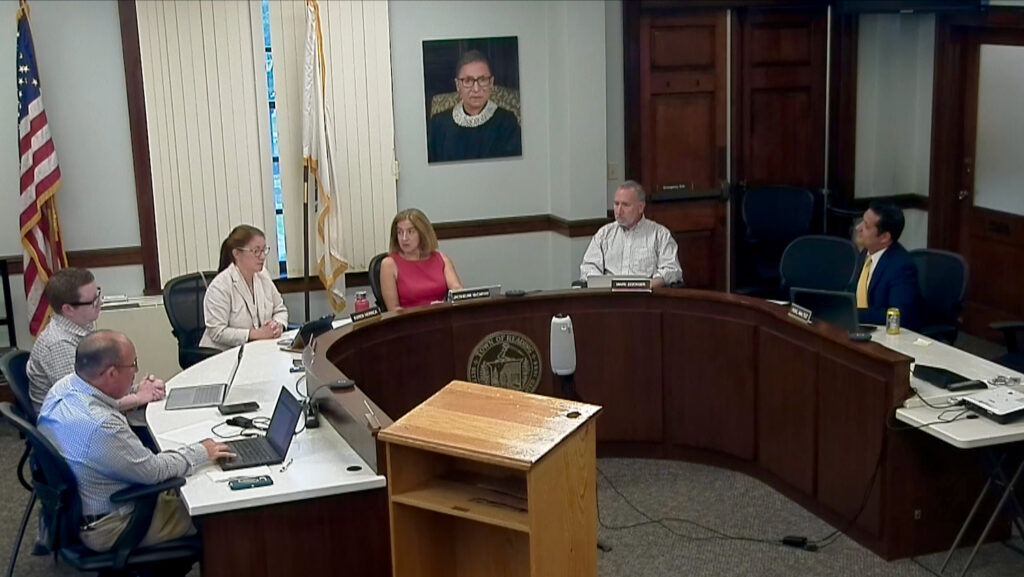
FY2024 Water and Sewer Rates
Reading, MA — After several iterations and multiple reviews and despite the objections of two of the members, the Select Board voted 3-2 to adopt a tiered water rate system on Tuesday. Under the new rates, which begin with the December 2023 billing cycle, households that use 1,000 cubic feet of water and under will have a rate of $10.75 per 100 cubic feet. The average household in this tier should see a six percent reduction in their water bill. Households using 1,001 to 2,500 cubic feet will have a rate of $11.70 per 100 cubic feet. The average household in this tier will see a three percent increase in their bill. Households using 2,501 to 4,000 cubic feet of water will have a rate of $12.00 per 100 cubic feet. The average household in this tier will experience a five percent increase in their bill. Households in the top tier, with more than 4,001 cubic feet of water usage, will have a rate of $12.50 per 100 cubic feet and will likely see a ten percent increase in their water bill. Sewer rates will have a similar structure.
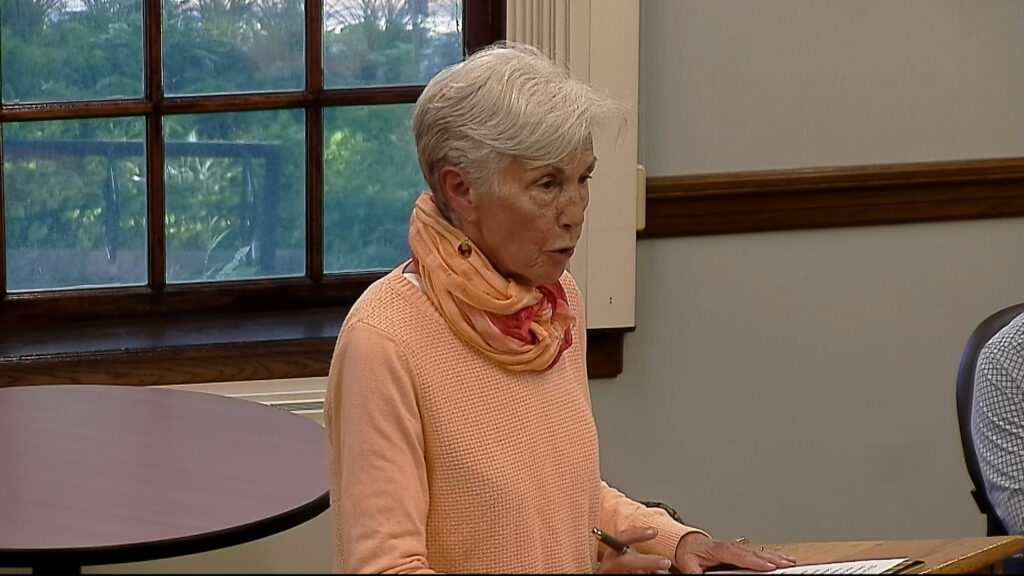
During public comment, resident Kathy Zeek shared her concerns about the proposal, stating that it does not take into account low-tier users living in a multi-family building that is billed using one meter, thus placing it into the highest tier. She shared that 20 percent of Reading’s population lives with this type of arrangement. Zeek shared further that the average water bill in her building will increase by 8.5%, despite most residents being low or average users of water. “[The tiered rate plan] unfairly penalizes [multi-family building residents] who have little ability to affect their rates through conservation,” Zeek added. She encouraged the board to seek an interim solution while continuing to explore a more equitable permanent option.
Select board chair Jackie McCarthy said that the plan, while not perfect, is “trying to manage cost increases . . . and do it in a way that is fair.” She also noted that affordability issues for those in the highest tier due to living in a multi-family building would need to be addressed. Select Board member Mark Dockser stated, “It is an imperfect tool, but [the proposed tier system] is a great start . . . it seems to address most concerns.” Member Karen Herrick, who also voted in favor of the proposal, stated her commitment to finding a more equitable solution to the issue.
“Twenty percent of the population is not insignificant,” Herrick added.
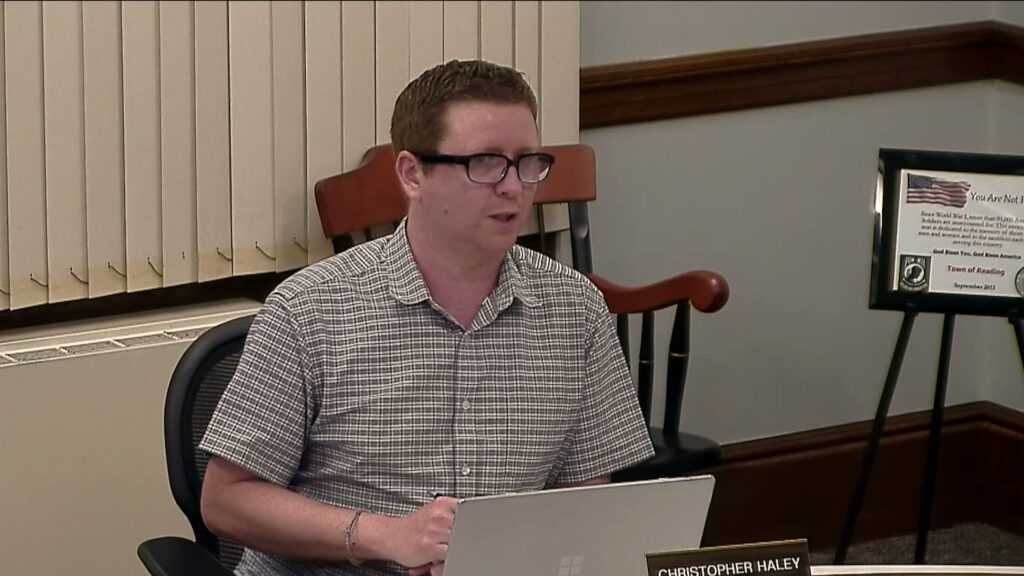
Select Board member Christopher Haley objected to the five and ten percent increases for the highest tiers stating that they are not “fair and equitable.” He expressed even greater concern over the plan after hearing from Zeek on the issue. “I am not here for the eighty percent; I am here for the one hundred percent,” Haley declared. “This [plan] makes no sense for all of Reading whatsoever. These rates do nothing for conservation,” Haley added.
Member Carlo Bacci also objected, stating his belief that issues such as water rates should be a unanimous vote and that little effort was made toward compromise. He suggested a committee look into the issue and come back to the board with a proposal. “Let’s stick a pin in it and do it the right way,” Bacci argued.
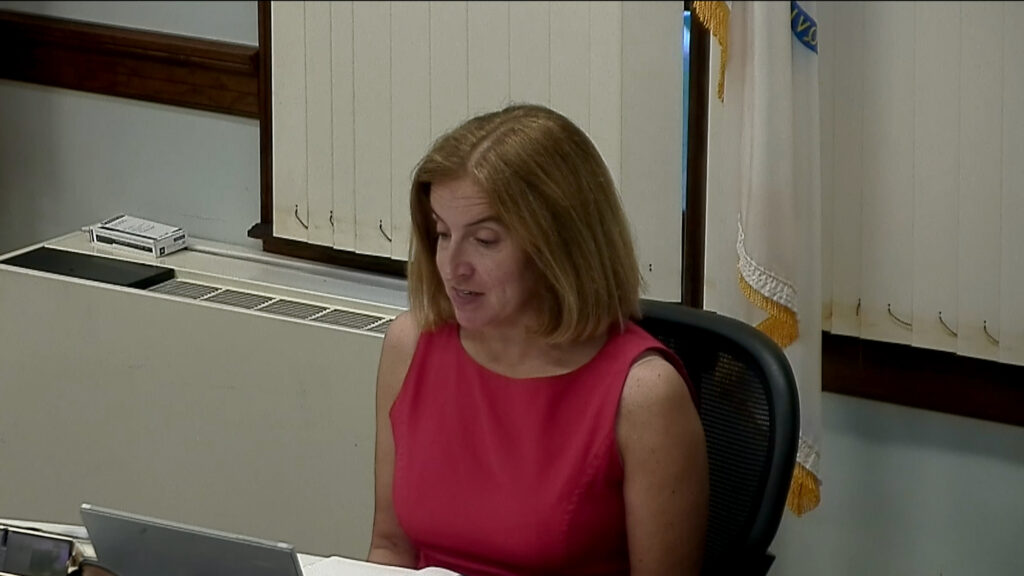
Dockser reminded the board that sticking with the current one-rate system would increase water bills for all users by four percent. “[The tiered system] does accomplish one of the goals we stated to have, which is taking care of the smaller users still in their homes,” Dockser suggested.
McCarthy reiterated her belief that the proposed plan is “a start on the path toward what we need for conservation and affordability.” Bacci responded, “I’m disappointed in all of us, myself included . . . this has not been a good process . . . we are voting just for the sake of voting.” McCarthy then called for the vote, ending the issue.
“We are taking a step, a first step,” McCarthy stated.
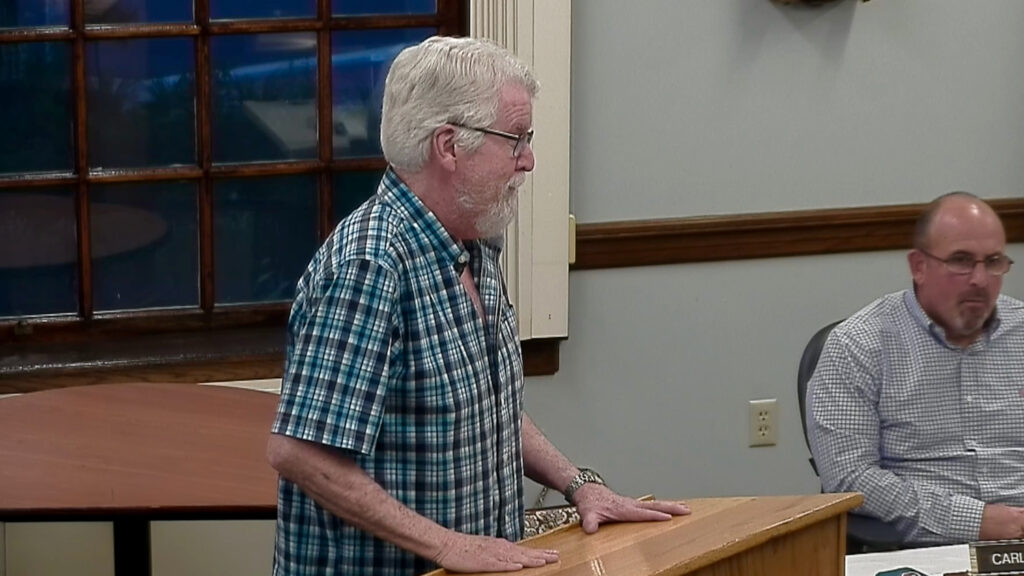
Resident John Sullivan expressed disappointment in the vote, asking the board to commit to finding a better solution. “I hear intentions, but I did not hear actual steps,” Sullivan noted. Town Manager Fidel Maltez committed to having town staff explore possible solutions to the issue of multi-family residences. He did note that no community in Massachusetts that he is aware of has an answer for the multi-family building situation. “It is complicated and cumbersome,” Maltez admitted.
Traffic Amendments on Family Circle, Woodland Street and Bancroft Avenue
The board voted 5-0 to amend parking regulations on three roads in town. Parking will now be prohibited on the west side of Family Circle from Grove Street to the cul-de-sac. There will now be no parking at the northeast dead end of Woodland Street. Parking will also be prohibited on the west side of Bancroft Avenue from Hartshorn Street to the end of Bancroft. Reading Police Officer Micheal Scouten indicated that the changes resulted from issues brought to the department by residents in the areas. Additionally, information regarding the purchase of Parking and Compost stickers will be amended to share that the stickers can be purchased online or during regular business hours, Monday through Thursday.
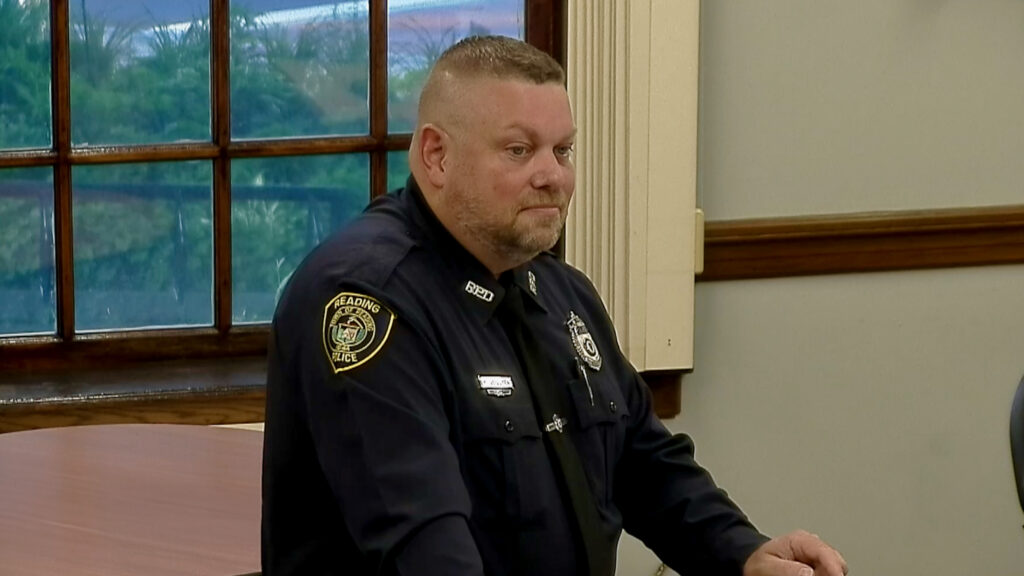
Volunteer Appointments
McCarthy presented a slate of over forty recommendations from the Volunteer Appointments Sub-Committee (VASC) for board and committee appointments, many of which are persons seeking to be reappointed to their roles, including resident Sally Hoyt’s fifty-first year as a town constable.
While the slate is usually voted by consent, Bacci objected to the reappointment of resident Angela Binda to the Recreation Committee. Bacci cited his belief that what he referred to as Binda’s etiquette and social media posts without apology should preclude her from serving. “I’ve never encountered a board or committee member who acts like Angela,” Bacci declared.
Docker and Herrick rose to Binda’s defense, with Dockser noting her long service to the town. Haley, on the VASC with McCarthy, shared his opinion that Binda’s length of service should qualify her for the role. Haley also suggested that the Select Board develop a code of conduct “for ourselves as well as board and committee members” to help the Select Board “set the example.” The Select Board voted 4-1 to approve the VASC recommendation for the Recreation Committee, then voted 5-0 to approve the remainder of the slate.
PARC Grant Program
The Select Board also voted 5-0 to approve a letter of support for the application for a PARC grant which could be for as much as $500,000. According to Maltez, if granted, the funding would be used to complete a portion of Phase II of the Birch Meadow Project.
A planned continued public hearing for a change in the liquor license for Meadowbrook Golf Club was continued again to July 18 at the request of the petitioner. The Select Board adjourned at 9:25 pm.
